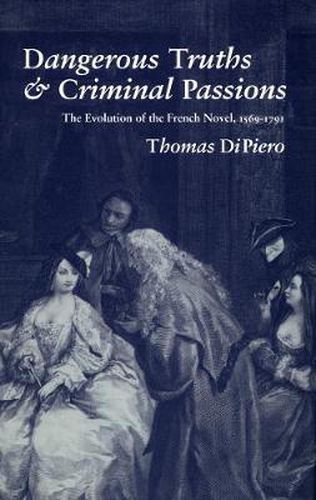Readings Newsletter
Become a Readings Member to make your shopping experience even easier.
Sign in or sign up for free!
You’re not far away from qualifying for FREE standard shipping within Australia
You’ve qualified for FREE standard shipping within Australia
The cart is loading…






Lu Ling (1921-94) was one of modern China s most intensely psychological writers, foregrounding in his many novels and short stories the narrative representation of consciousness and the individual psyche. His mentor Hu Feng (1902-85), a leftist literary theorist, was a leading proponent of the subjective view of literature, who asserted an active and dynamic role for the self in the creative process. In the 1930 s and 1940 s, when they were most productive, Lu Ling and Hu Feng stood for a position in the leftist literary field that was opposed to the political, utilitarian view of literature held by Mao Zedong and the cultural bureaucrats of the Chinese Communist Party (CCP). The tension that existed between these two positions before the revolution exploded after the CCP came to power. In 1955, Hu Feng, Lu Ling, and a group of other writers associated with Hu Feng became the objects of a national media assault that led to their arrest and imprisonment. Centered on these two key figures, this study explores in theoretical and fictional representations of the subject a problematic at the heart of the experience of modernity in China. Chinese scholarship in the recent post-Mao liberalization has tended to represent Hu Feng and Lu Ling as heroic promoters of May Fourth Enlightenment in the face of the oppressive and authoritarian legacy of Yan an and the Maoist discourses of revolutionary collectivism. Rather than a confrontation between the values of personal enlightenment and rational salvation, the author sees Chinese modernity as the interaction and interdependence of the two.
$9.00 standard shipping within Australia
FREE standard shipping within Australia for orders over $100.00
Express & International shipping calculated at checkout
Lu Ling (1921-94) was one of modern China s most intensely psychological writers, foregrounding in his many novels and short stories the narrative representation of consciousness and the individual psyche. His mentor Hu Feng (1902-85), a leftist literary theorist, was a leading proponent of the subjective view of literature, who asserted an active and dynamic role for the self in the creative process. In the 1930 s and 1940 s, when they were most productive, Lu Ling and Hu Feng stood for a position in the leftist literary field that was opposed to the political, utilitarian view of literature held by Mao Zedong and the cultural bureaucrats of the Chinese Communist Party (CCP). The tension that existed between these two positions before the revolution exploded after the CCP came to power. In 1955, Hu Feng, Lu Ling, and a group of other writers associated with Hu Feng became the objects of a national media assault that led to their arrest and imprisonment. Centered on these two key figures, this study explores in theoretical and fictional representations of the subject a problematic at the heart of the experience of modernity in China. Chinese scholarship in the recent post-Mao liberalization has tended to represent Hu Feng and Lu Ling as heroic promoters of May Fourth Enlightenment in the face of the oppressive and authoritarian legacy of Yan an and the Maoist discourses of revolutionary collectivism. Rather than a confrontation between the values of personal enlightenment and rational salvation, the author sees Chinese modernity as the interaction and interdependence of the two.